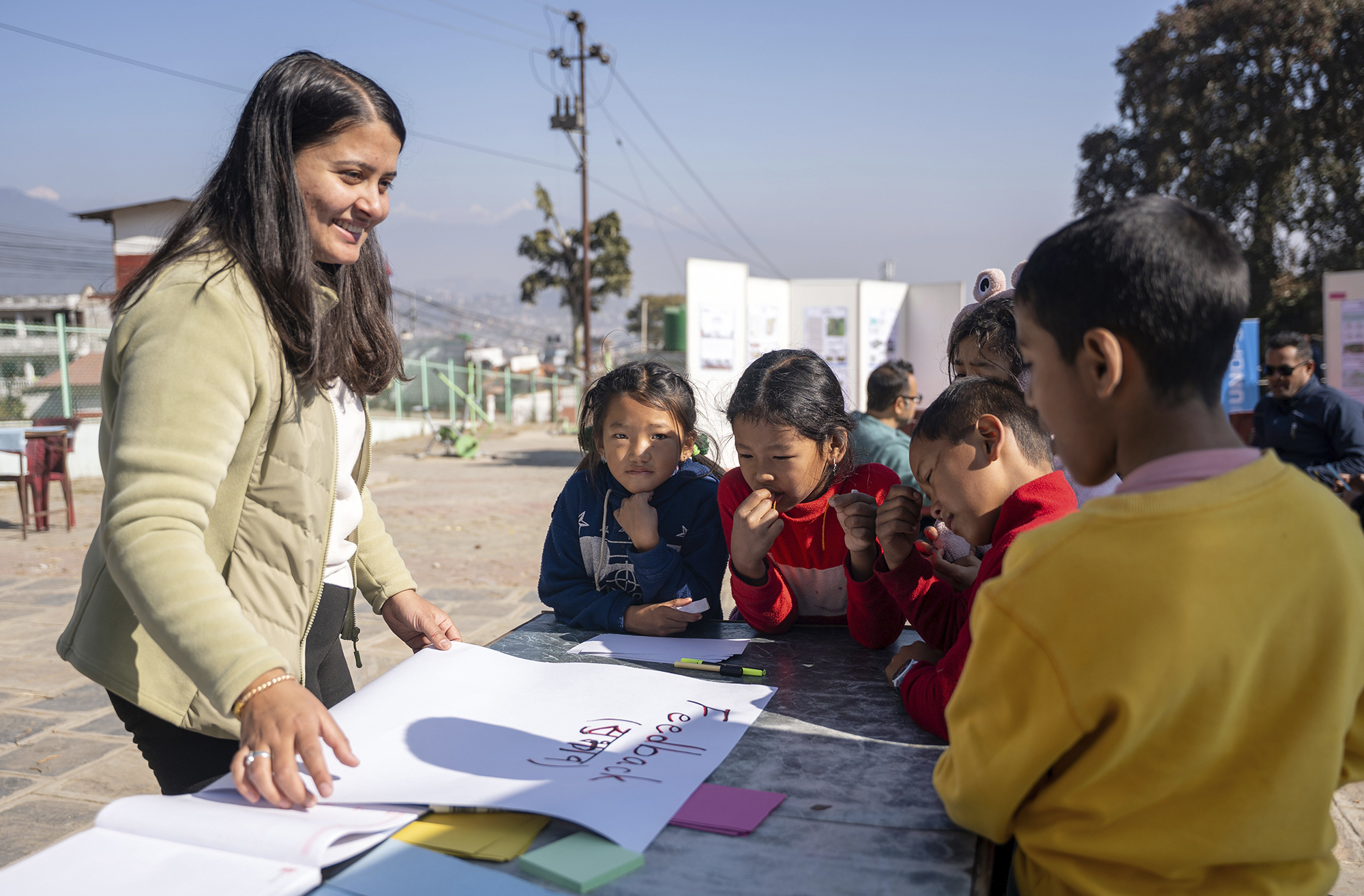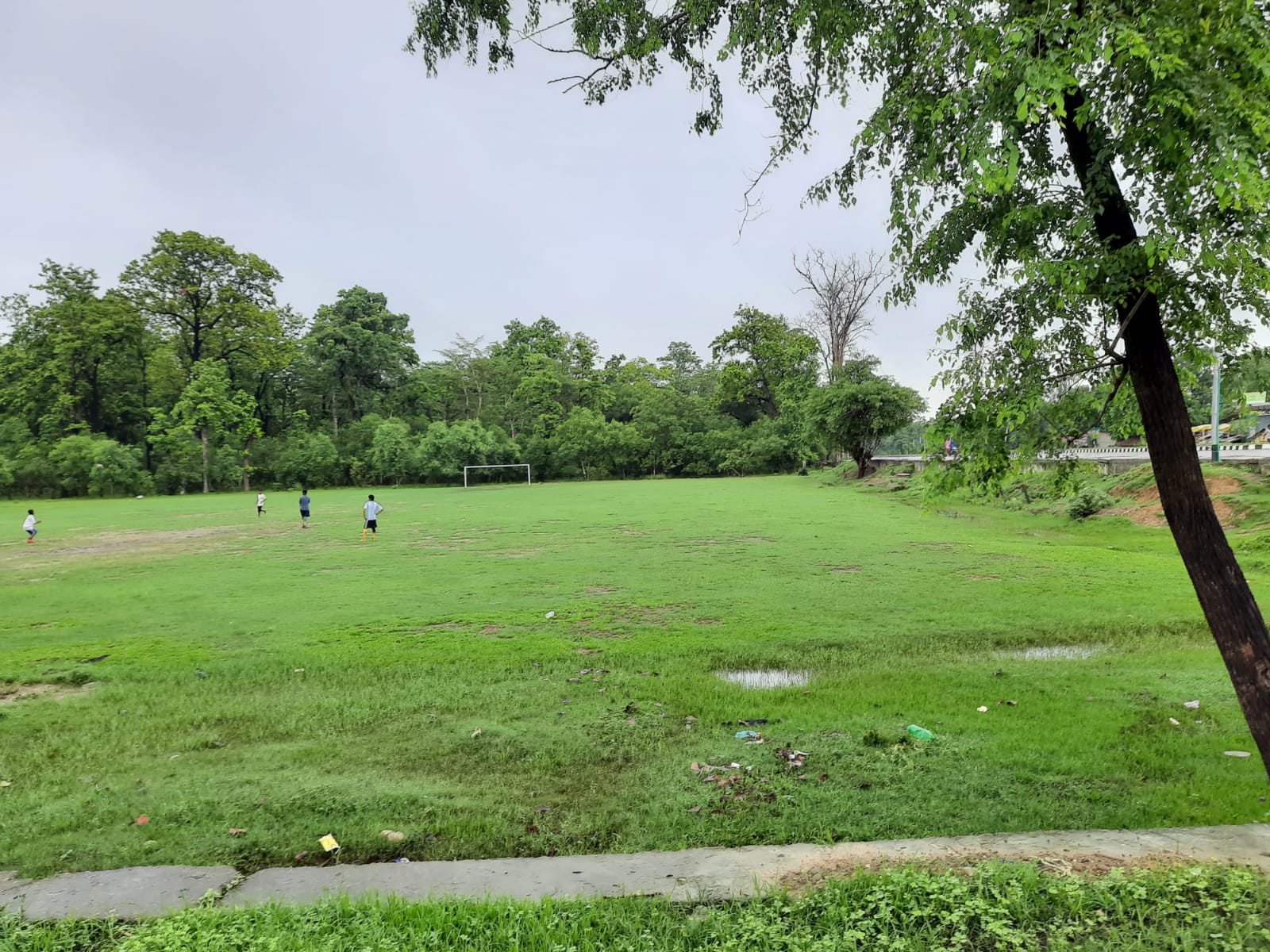The President of the World Bank Robert Zoellick joined senior officials from the government of Singapore at the launch of the Bank’s new Urban and Local Government Strategy. The new strategy highlights the importance of devising innovative financing approaches to address urgent urban infrastructure needs.
The President of the World Bank Robert Zoellick joined senior officials from the government of Singapore at the launch of the Bank’s new Urban and Local Government Strategy.
The new strategy highlights the importance of devising innovative financing approaches to address urgent urban infrastructure needs. In his opening statement, Zoellick drew attention to the demographic shift that is changing the developing world. “For the first time in history, more than half the world’s people live in cities,” he said. “The epicenter of this transformation is the developing world where over 90 percent of urban growth is now taking place.”
During the next two decades, urban population of the world’s two poorest regions—South Asia and Sub-Saharan Africa—is expected to double. Underscoring how the Bank’s new Urban Strategy will help developing countries face this challenge, Zoellick said that “urbanisation is a vital phase of development and, if well managed, can be a key driver of long-term economic growth in a country,”
The launch of the new strategy took place at the inaugural World Bank–Singapore Infrastructure Finance Summit, a landmark event organised by the World Bank–Singapore Urban Hub, the Singapore Ministry of Finance, and the Monetary Authority of Singapore, in association with the Financial Times.
The Summit brought together infrastructure finance experts, investors, and senior government officials, and marked Singapore's emergence as a regional hub for infrastructure financing and expertise on urban development.
Singapore is well recognised for its extensive city management and public-private partnership experience. Through its partnership with Singapore, the Bank hopes to help developing countries tap into that experience as they take advantage of the economic opportunities associated with rapid urbanisation.
The summit provided an opportunity to explore some of the key features of the strategy, its relevance for East Asia, and some perspectives of mayors and local government officials. Zoubida Allaoua, Director of the Finance, Economics, and Urban Department, said that the new Urban and Local Government Strategy “is the Bank’s first comprehensive framework for urban development issued in the last 10 years, and it comes at critical time for cities in developing countries.”
She also noted that cities are responsible for an estimated 70 percent of global GDP and that there are strong positive linkages between urbanisation and poverty reduction. According to her, the question is no longer on of how to contain urbanisation, but how to prepare for it.
Mayors and local government leaders from Asia and beyond discussed the new Urban Strategy and initiatives they have put in place to develop the infrastructure of their cities', the challenges they have overcome, and future challenges. They included Governor Fauzi Bowo, Jakarta, Indonesia; Lord Mayor Robert Doyle, Melbourne, Australia; Mayor Omar Maani, Amman, Jordan; Mayor Sigfrido Tinga, Taguig City, Philippines; and Keshav Varma, Head, Global Urban Program, World Bank Institute.




